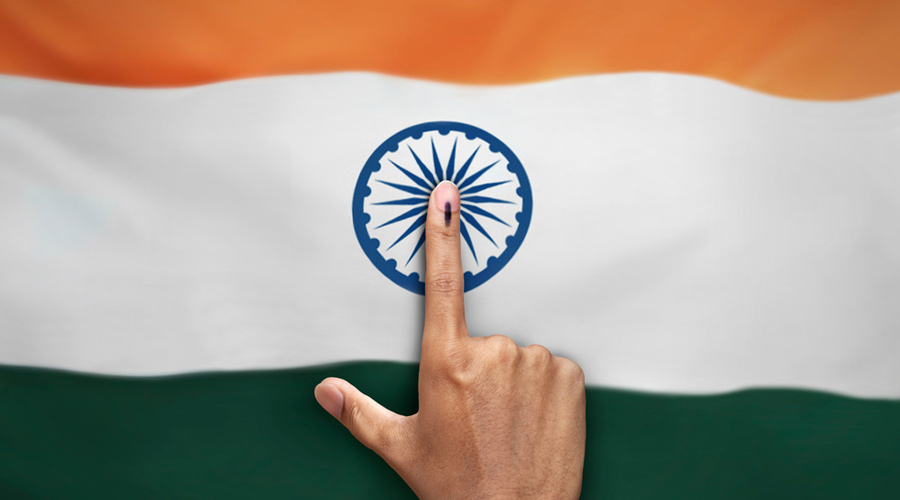
The Indian government has formed a commission to investigate the viability of a ‘One Nation, One Election’ system in the country. An announcement about the panel’s members, led by former President Ram Nath Kovind, is expected soon. This is in addition to the government’s call for a special Parliament session from September 18 to 22. The session’s surprising announcement has fueled suspicion that the administration intends to present legislation on “One Nation, One Election.”
Prime Minister Narendra Modi has long advocated for the One Nation, One Election concept
The idea is to have simultaneous polling across the country. The plan is to hold Lok Sabha and state assembly elections at the same time. When the duration of the present administration expires or the government is dissolved for any reason, general elections to elect members of Parliament and state assembly votes are held separately in India. Prime Minister Narendra Modi has long advocated for the One Nation, One Election concept. In reality, it was part of the Bharatiya Janata Party’s election agenda for the 2014 Lok Sabha elections.
Supporters of ‘One Nation, One Election’ frequently emphasize that if adopted, it will reduce the overall cost of the political process. With so many states, there is always an election in some area of the country, resulting in exorbitant expenditure by the Election Commission of India (ECI) and contestants.
One Nation, One Election: Pros
Another argument in favor of One Nation, One Election is that it will result in more efficient administration. During elections, the entire state apparatus is focused on providing a flawless and fair electoral process, which has an impact on daily administration because officials are at polling places. Simultaneous elections are anticipated to increase voter turnout by making it easier for voters to vote all at once. The concept of One Nation, One Election is meant to promote consistency and continuity in the Central Government’s and states’ policies and programs. Once the model code of conduct is implemented during the Lok Sabha elections, no state can begin new projects or initiatives until the elections are over.
One Nation, One Election: Cons
The most difficult problem for the ‘One Nation One Election’ is to align the tenure of the various state legislatures with those of the Lok Sabha. There is also no agreement on how to handle scenarios such as midterm elections or the President’s rule if no party obtains a majority. Regional political parties claim that holding the two elections concurrently will harm their chances since they will be unable to emphasize local problems prominently. Furthermore, they are concerned that they will be unable to compete with national parties in terms of money and electoral plans.
